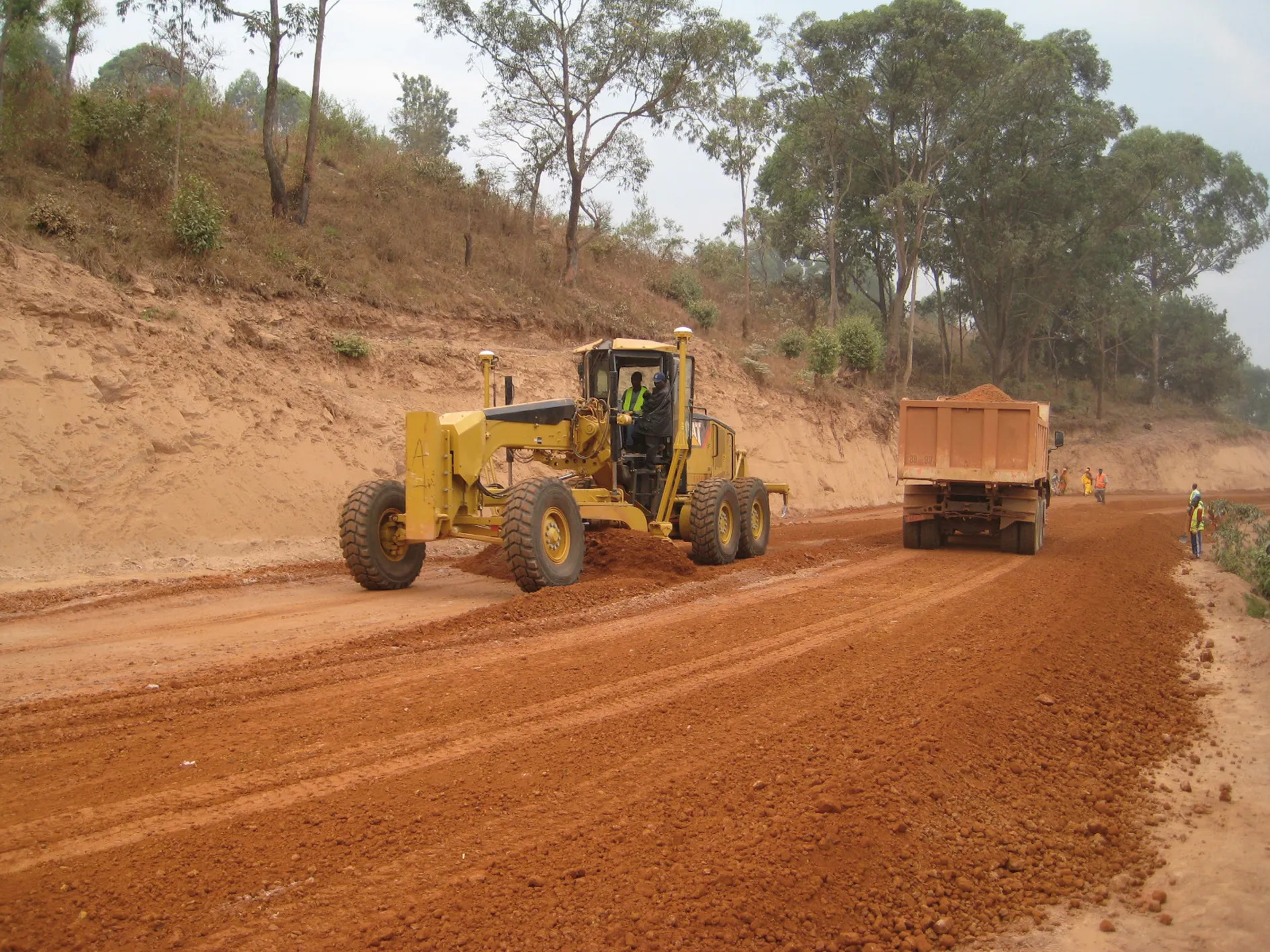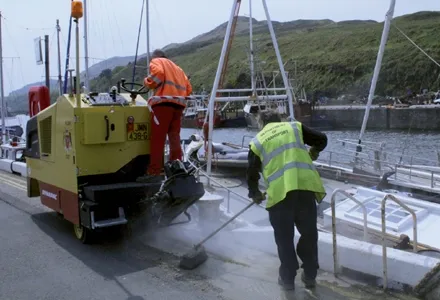South Africa's Transport Ministry has set out plans for a new road improvement programme. Called S'Hambe Sonke the US$3.04 billion programme will run for three years and tackle improvements to secondary roads. Filling potholes will be the priority of the plan, which is intended to employ up to 70,000 people during 2011 and help provide work. Labour intensive construction methods will be used according to the Transport Ministry, which means that many of the repairs will use traditional techniques rather than
May 3, 2012
Read time: 1 min









